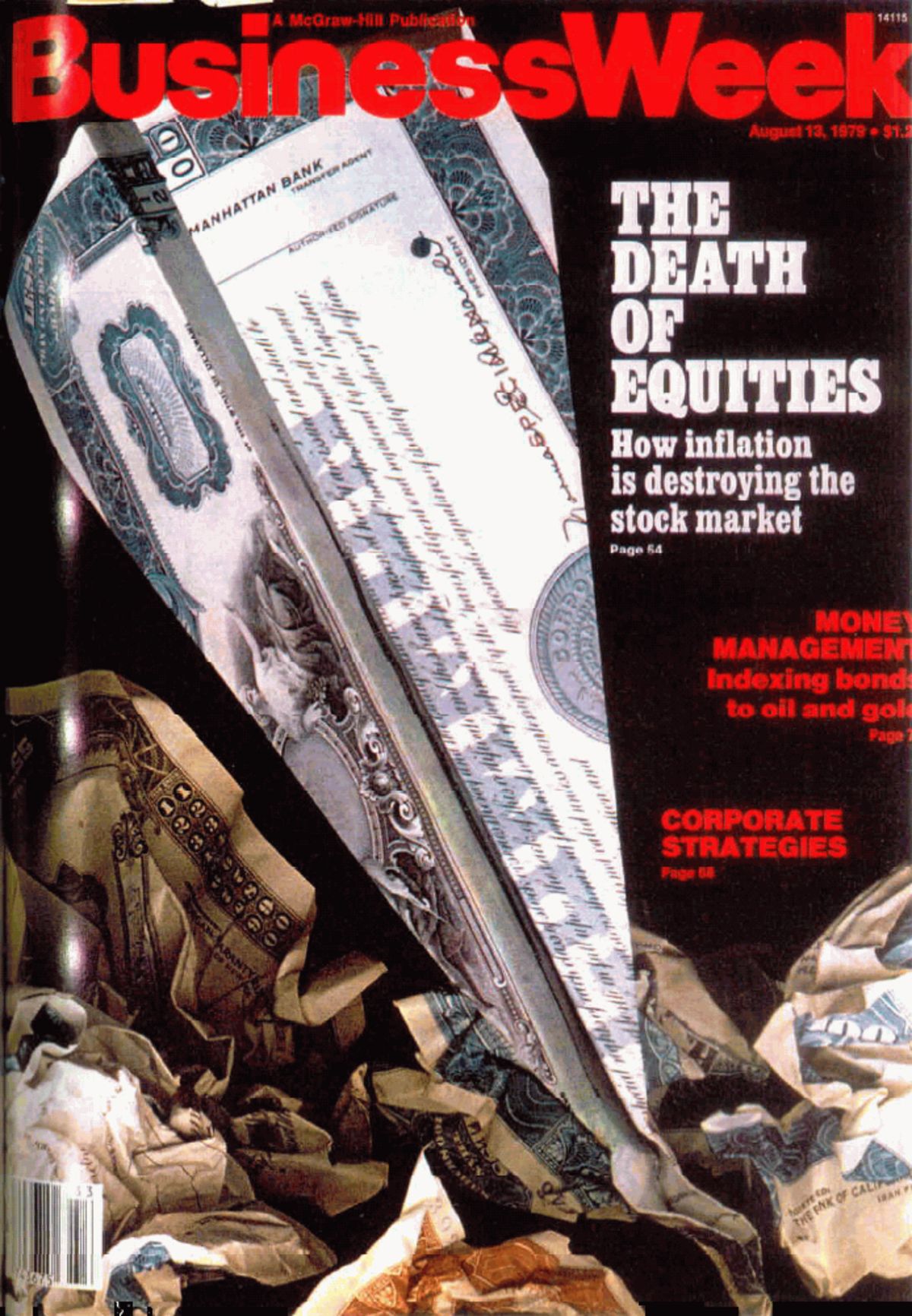THE DEATH OF EQUITIES, REDUX: The Economist asks: Is this the end of crypto?
The more that comes out about the demise of ftx, the more shocking the tale becomes. The exchange’s own terms of service said it would not lend customers’ assets to its trading arm. Yet of $14bn of such assets, it had reportedly lent $8bn-worth to Alameda Research, a trading firm also owned by Mr Bankman-Fried. In turn, it accepted as collateral its own digital tokens, which it had conjured out of thin air. A fatal run on the exchange exposed the gaping hole in its balance-sheet. To cap it all, after ftx declared bankruptcy in America, hundreds of millions of dollars mysteriously flowed out of its accounts.
Big personalities, incestuous loans, overnight collapses—these are the stuff of classic financial manias, from tulip fever in 17th-century Holland to the South Sea Bubble in 18th-century Britain to America’s banking crises in the early 1900s. At its peak last year, the market value of all cryptocurrencies surged to the giddy height of almost $3trn, up from nearly $800bn at the start of 2021. Today it is back at $830bn.
As at the end of any mania, the question now is whether crypto can ever be useful for anything other than scams and speculation. The promise was of a technology that could make financial intermediation faster, cheaper and more efficient. Each new scandal that erupts makes it more likely that genuine innovators will be frightened off and the industry will dwindle. Yet a chance remains, diminishing though it is, that some lasting innovation will one day emerge. As crypto falls to Earth, that slim chance should be kept alive.
In August of 1979, Business Week famously ran a cover story headlined “The Death of Equities.” That year, the Dow Jones ended at 838.74, which is about where it was when the ’70s began. And then Paul Volcker got inflation under control, President Reagan cut taxes, and the Dow ended the ’80s at 2753.20, and is currently at 33,745.69. Will the same sort of scenario play out for crypto, once the dust settles on the FTX implosion?

